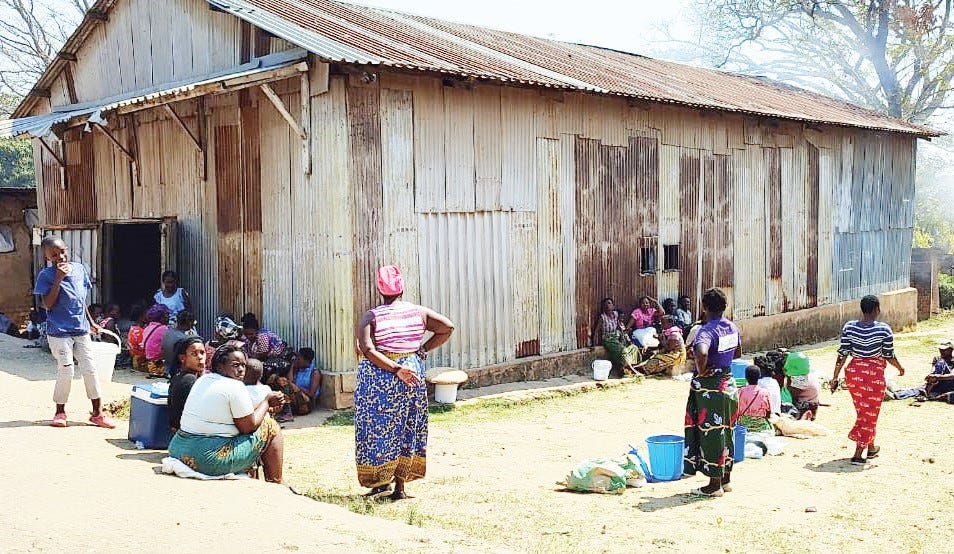Malawi Food Prices Soar to 5-Year High, Worsening Crisis
Maize prices jumped 13% from June to July, standing 30% higher than last year and 180% above the five-year average.
LILONGWE, Malawi — Food prices in Malawi have surged to their highest levels in five years, exacerbating an already critical food security situation, according to recent market data, writes Pemphero Musowa.
The Famine Early Warning Systems Network (FEWS NET) reports that prices for key staples are trending well above last year's levels and the five-year average.
Maize prices jumped 13% from June to July, standing 30% higher than last year and 180% above the five-year average.
Bean prices saw a 15% month-on-month increase, soaring 103% above last year and nearly 200% over the five-year average.
Rice prices rose 5% from the previous month, 35% higher than last year and 130% above the five-year average.
"These high prices will further restrict food access for households in southern Malawi who are already facing production deficits and below-average income opportunities," FEWS NET stated.
The report designates the food situation in southern and central Malawi as "seriously critical," with the north on alert.
The Agricultural Development and Marketing Corporation (ADMARC) Limited has procured 31,000 metric tons of maize, surpassing its initial target of 30,000 metric tons.
The target has been raised to 40,000 metric tons.
Social commentator Victor Chipofya urged ADMARC to open selling points to enable starving Malawians to buy the staple grain.
The World Food Programme estimates that 5.7 million people in Malawi will be acutely food insecure between October 2024 and March 2025.
WFP has procured 30,533 metric tons of maize and 317 metric tons of fortified corn soya cereal blend for September distribution.
The Department of Disaster Management Affairs reported securing about $100 million worth of food aid, equivalent to 161,576 metric tons of maize.
This falls 40% short of the required 261,574 metric tons. Distribution has not yet begun.
Opposition leader George Chaponda criticized the government for insufficient action in addressing the food crisis.



